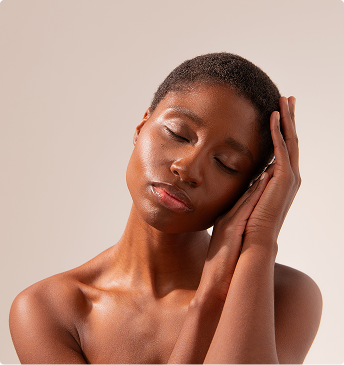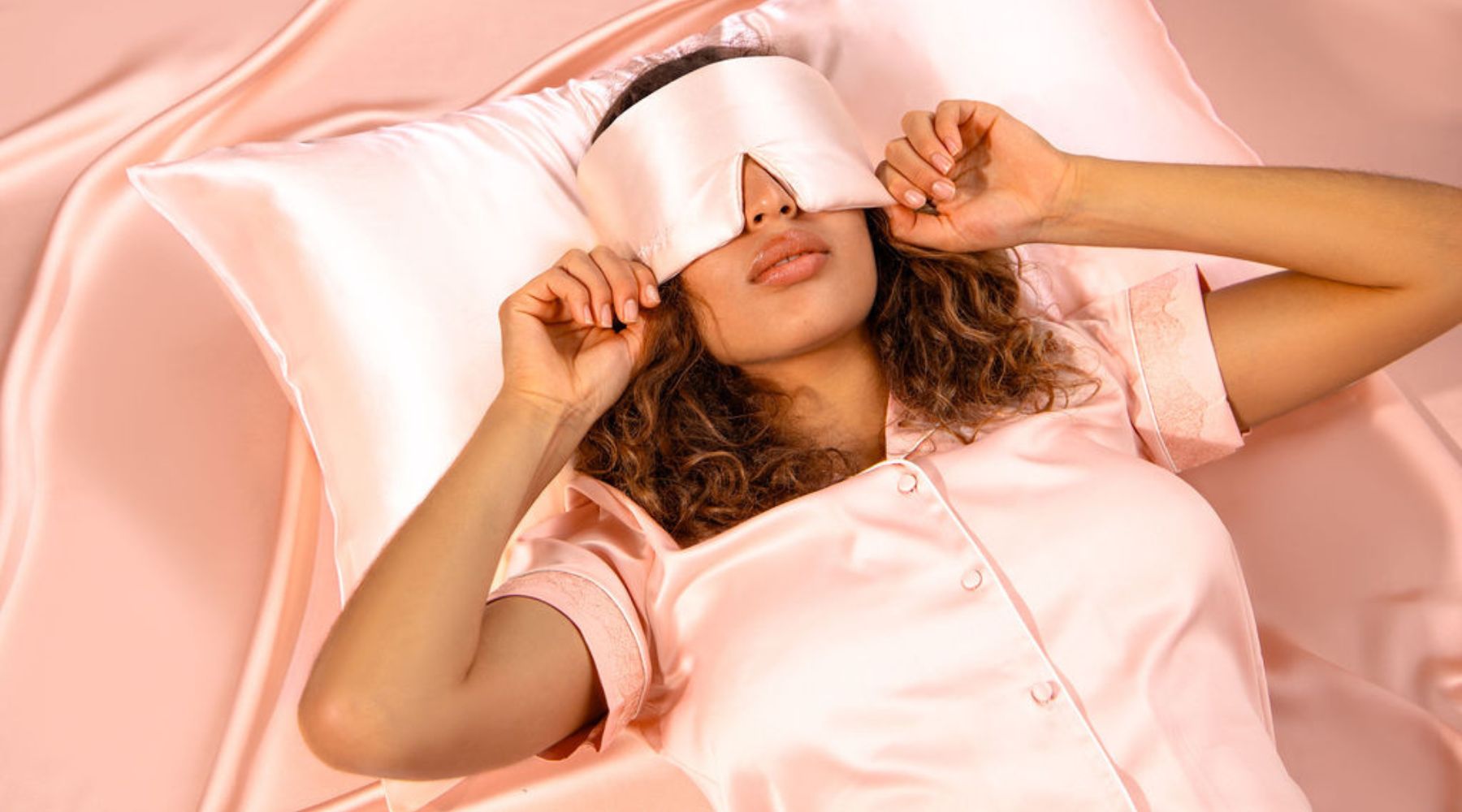Melatonin: helpful sleep aid or just a myth?
If you've ever had trouble falling asleep, you've probably heard of melatonin. It's a supplement that promises to lull you quickly into sleep without the grogginess you might feel from traditional sleep aids. But does it really work, or is it just another wellness trend wrapped in a pretty package? Let's break it down.
What is melatonin, anyway?
Melatonin is a hormone your body creates naturally, mainly in response to darkness. It's like your brain's internal clock, telling the body to prepare for rest. Your circadian rhythm controls this process and determines when you feel sleepy and when you wake up.
In a perfect world, your body would churn out melatonin the minute your head hit the pillow, and you'd drift off peacefully. But thanks to late-night Netflix binges, scrolling through TikTok in bed, and jet lag from travel, our natural melatonin production often gets thrown off.

Do melatonin supplements actually work?
Melatonin isn't like traditional sleeping pills or dietary supplements. It doesn't knock you out like prescription medications or strong sedatives. Instead, it works more like a soft nudge, training your body to understand that it's time to sleep. Research suggests that melatonin can be effective, especially for:
-
Adjusting to new time zones: If you've ever experienced trouble getting over jet lag, melatonin can help reset your body clock.
-
Helping shift workers get some quality shut-eye: Those who work odd hours and need to sleep during the day may find melatonin useful to help them wind down.
-
Aiding people with delayed sleep phase disorder (DSPD): Some people are naturally night owls and also have trouble waking up early. Melatonin can help shift their sleep schedule earlier.
However, it's important to point out that although melatonin might help with occasional sleeplessness or sleep disturbances, it's not a miracle cure. It's most effective when combined with good sleep habits, such as dimming the lights before bedtime and avoiding screens.
Why melatonin might not work for everyone
Melatonin isn't a one-size-fits-all solution. Some find it useful, while others see little to no effect. Here's why:
Timing matters
Taking melatonin at the wrong time (like in the middle of the night) can confuse the body rather than help regulate sleep. It's generally recommended to take it 30–60 minutes before bed.
Dosage varies
More is not always best. How much melatonin you get can result in grogginess the next day. Sometimes, a low dose (0.5–3mg) works better than a high one.
It's not for long-term use
Melatonin is best for short-term sleep disorders, not chronic insomnia. If you rely on it every single night, you may need to address underlying sleep issues.
Are there any side effects?
Melatonin is generally safe for most people when used occasionally and in appropriate doses. However, some people experience:
-
Daytime drowsiness
-
Vivid dreams or nightmares
-
Dizziness or headaches
-
Stomach discomfort
Melatonin can also interact with certain medications, so if you're taking other prescriptions, it's best to consult your doctor before using it regularly.

Natural ways to boost your melatonin levels
Before turning to supplements, it's worth trying natural ways to support your body's melatonin production:
1. Minimize nighttime blue light exposure
Phones, tablets, and TVs emit blue light that can suppress melatonin. Try to put screens away at least an hour before bed.
2. Get natural sunlight during the day
Getting natural light during the day helps keep your circadian rhythm in sync and promotes better melatonin production at night.
3. Stick to a sleep schedule
Sticking to a consistent sleep schedule—even on weekends—helps keep your body's sleep cycle balanced.
4. Establish a calming pre-bed routine
Dim the lights, pick up a book, take a warm bath—whatever indicates to your body that sleep is on the way.
5. Use a sleep mask
Darkness signals to your brain that it's time to produce melatonin. A high-quality sleep mask, like the ones from Drowsy, blocks out unwanted light, helping your body stay in sync with its natural sleep cycle.
6. Try a weighted blanket
Weighted blankets provide gentle, even pressure that can promote relaxation and reduce stress, two key factors in helping your body prepare for sleep naturally.
The verdict: sleep aid or myth?
Melatonin's not a magic bullet for sleep problems, but it can be a useful tool at certain times. If you're affected by jet lag, shift work, or the occasional disrupted sleep schedule, you might give it a try. But if you struggle with sleep difficulties on a regular basis, melatonin by itself is unlikely to solve the problem; you'll need to consider your overall habits and your sleep environment.
That’s where the Drowsy Beauty Sleep Clinic Supplements come in. Designed to support your natural melatonin production and improve overall sleep quality, these gentle, non-groggy formulas help you wind down the right way. They're made to be part of a smarter, more sustainable sleep routine, not a quick fix.
So if you’re looking to upgrade your nights and give your body the tools it needs to rest, recover, and reset, Drowsy’s sleep supplements are a great place to start.






